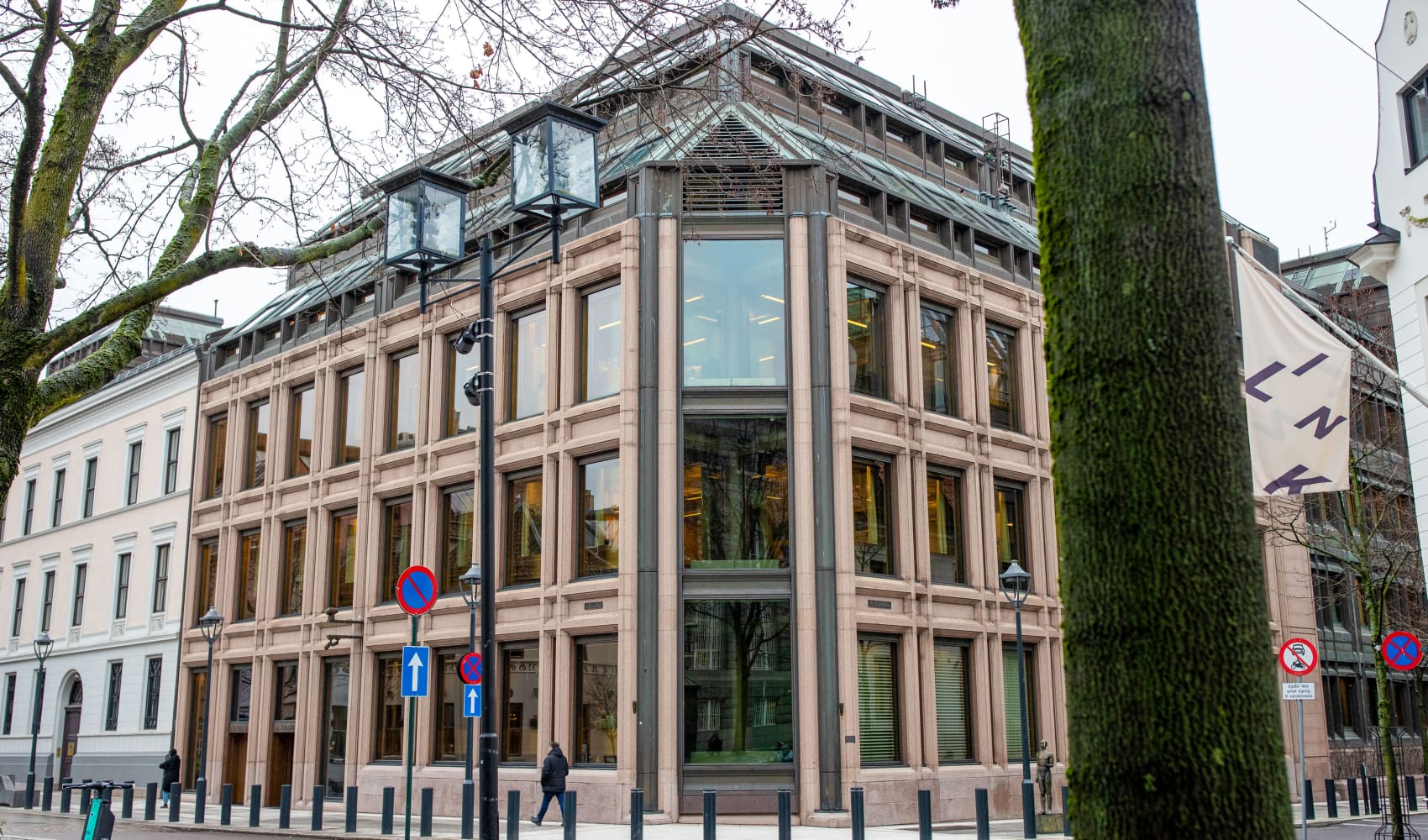
- More home sellers are dropping their asking prices as rising mortgage interest rates and inflation ease competition in the market.
- Some cities are seeing more price cuts than others. Boise, Idaho, took the lead in June, with 61.5% of sellers cutting their asking prices, according to a new report from Redfin.
- Many markets saw massive price increases during the pandemic that were simply not sustainable as interest rates rose.
More home sellers are dropping their asking prices as rising mortgage interest rates and inflation have eased competition in the housing market.
Some cities are seeing more price cuts than others. Boise, Idaho, took the lead in June, with 61.5% of sellers cutting their asking prices, according to a new report from Redfin, a real estate brokerage.
Boise was one of the hotter pandemic markets, as the work-from-anywhere culture prompted thousands of people to flee pricier markets like San Francisco and Los Angeles. A year ago, just about a quarter of sellers in Boise had dropped their prices.
Get South Florida local news, weather forecasts and entertainment stories to your inbox. Sign up for NBC South Florida newsletters.
Top 10 markets seeing cuts in asking prices:
- Boise, Idaho: 61.5%
- Denver, Colorado: 55.1%
- Salt Lake City, Utah: 51.6%
- Tacoma, Washington: 49.5%
- Grand Rapids, Michigan: 49.3%
- Sacramento, California: 48.7%
- Seattle, Washington: 46.3%
- Portland, Oregon: 45.7%
- Tampa, Florida: 44.5%
- Indianapolis, Indiana: 44.1%
Many of these markets saw massive price increases during the pandemic that were simply not sustainable as interest rates rose. The average rate on the 30-year fixed mortgage is now nearly twice what it was at the start of this year. That makes the cost of ownership considerably higher.
Money Report
Boise saw its home prices soar more than 60% from pre-coronavirus levels. Nationwide, home prices are up about 39% from March 2020, when Covid-19 was declared a pandemic, according to the S&P Case-Shiller Index.
Read more real estate coverage
Demand for big mortgages is shrinking
Homebuyers are canceling deals at the highest rate since the start of the pandemic
"Higher mortgage rates and a potential recession are causing prospective buyers in popular migration destinations to press the pause button, and they're also having a big impact on workers in big job centers who rely on their stock portfolio for down payments," said Sheharyar Bokhari, Redfin senior economist.
Competition is also cooling because there is now increasing supply on the market. Inventory hit a record low during the pandemic, but now, as homes sit longer and demand pulls back, it is finally rising. Active inventory rose 28% last week compared with the same week one year ago, according to Realtor.com.
Real estate markets remain undersupplied compared with 2019, but they are moving in the right direction. Yet housing remains much less affordable than it was before the pandemic. For a household with a $75,000 income, only 23% of homes on the market are affordable today, down from 50% of inventory in 2018, according to Realtor.com.
"While these trends are resulting in a cooler summer homebuying season than usual, the road ahead points towards a promising shift, away from 2021's severe undersupply and win-at-all-costs competition," said George Ratiu, senior economist at Realtor.com.






